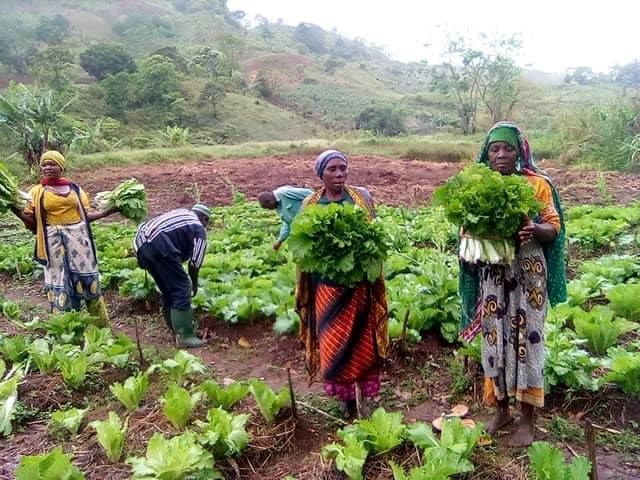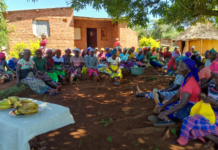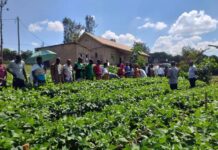
The United States Agency for International Development (USAID) and the United Republic of Tanzania has launched a USD 24 million project geared towards addressing food loss and waste that has been one of the leading causes food insecurity and dwindled income for farmers in the country.
According to the agency, up to 50 per cent of food produced in the east African country does not reach the consumers.
“We are happy for the Tanzania’s significant strides in the agriculture, livestock, and fisheries sectors. Together with determination and perseverance, we can navigate the pathway to a more promising and sustainable future,” said Craig Hart, USAID country Mission Director during the project launch.
The Tuhifadhi Chakula (“Let’s Save Food”) project therefore comes in handy to help producers minimize the losses, enhance food security, create job opportunities, elevate livelihoods, and open export avenues for Tanzania, with a particular emphasis on benefiting women and the youth.
It will be a five-year initiative set to be executed by the Tanzania Horticulture Association in alliance with the Southern Agricultural Growth Corridor of Tanzania (SAGCOT) Center.
Also, the project will bring on board a number of stakeholders including farmers, traders, transporters and processors in a bid to cut the wastage.
According to a study by Relief Web, which analyzed 8.7 million people in 28 districts between October 2022 and February 2023, 964,000 people (or 11 per cent of the population analyzed) were estimated to have experienced high levels of food insecurity. This is an increase from May of 2022, when 9.4 per cent of the country’s population lacked sufficient food.
Project’s blueprint
The project whose blueprint was designed by the country’s Ministry of Agriculture and its National Post-Harvest Management Strategy will cove regions such as Arusha, Morogoro, Mbeya, Pwani, Njombe, Tanga, and Zanzibar at its initial phase.
This project will build on previous work done by USAID in Tanzania. The country is classed as a ‘Feed the Future’ focus country, meaning that it continually receives aid from the U.S. to fight food insecurity.
The $24 million contributed as a result of this initiative will add to the $5 million donation that was announced in June of this year by USAID in Tanzania.
Equipping farmers
This money will provide local farmers with essential resources such as agricultural machinery, equip them to fight any challenges posed by climate change and improve irrigation systems.
In addition to this money, there are also a number of other projects supported by USAID in Tanzania that are currently under operation.
The programs which include the Alliance for a Green Revolution in Africa Activities and the Private Sector Strengthening Activity promote new farming technologies and strengthen the private sector.
Hart also toured various ongoing USAID Feed the Future Projects in Tanzania. These projects collectively aim for agriculture-led growth, emphasizing strengthening the private sector, endorsing advanced technologies and practices, enhancing horticulture, and promoting value addition.
USAID began working in Tanzania (then Tanganyika) in the early 1960s to build human capacity in the public service sector, for which education was a priority.








